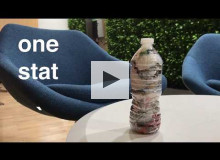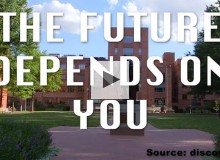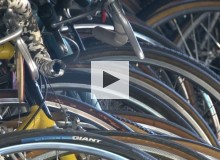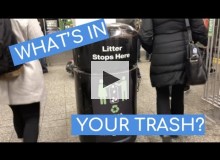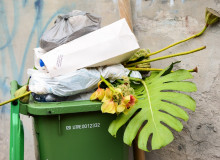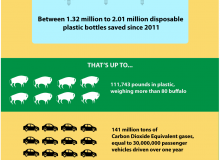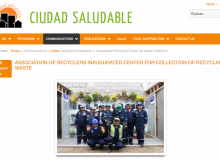Recycling & Upcycling
George Washington University
The next best thing to using no plastic is making plastic useful.
The George Washington University
Automated return systems have the potential to drastically improve the world's recycling rate.
George Washington University
Maryland-based organization Bikes for the World diverts thousands of bicycles annually from the U.S. waste stream.
Planet Forward Senior Correspondent | Cornell University
A close-up of what makes up our trash, and how we can create less of it.
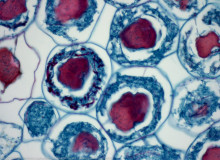
Arbuscular mycorrhizal fungi live in symbiosis with plant roots and are able to store up to 70 percent of organic carbon from leaf litter. (Mark Perkins/Flickr)
George Washington University
In many cases microbes are already helping the planet in underrated ways. Technological developments and advanced genetic engineering make microbiological innovation a major player in climate change mitigation.
The George Washington University
Today we see a lot of differences between rural and urban communities, which distract us from environmental issues, but why not examine the common sustainable ingenuity arising out of the simple will to survive anywhere?
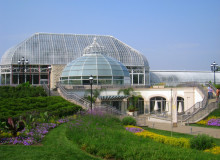
The Phipps Conservatory and Botanical Gardens is in Pittsburgh’s Oakland neighborhood. (Wikimedia Commons)
George Washington University
Of all the places on the planet you’d expect to find the greenest building, you probably don't think of Steel City.
George Washington University
The Trump administration recently rescinded a 2011 ban on the sale of disposable water bottles in National Parks, which data show worked to prevent waste.
Middlebury College
Building the sustainable home through the reconstructing the nature of being.

